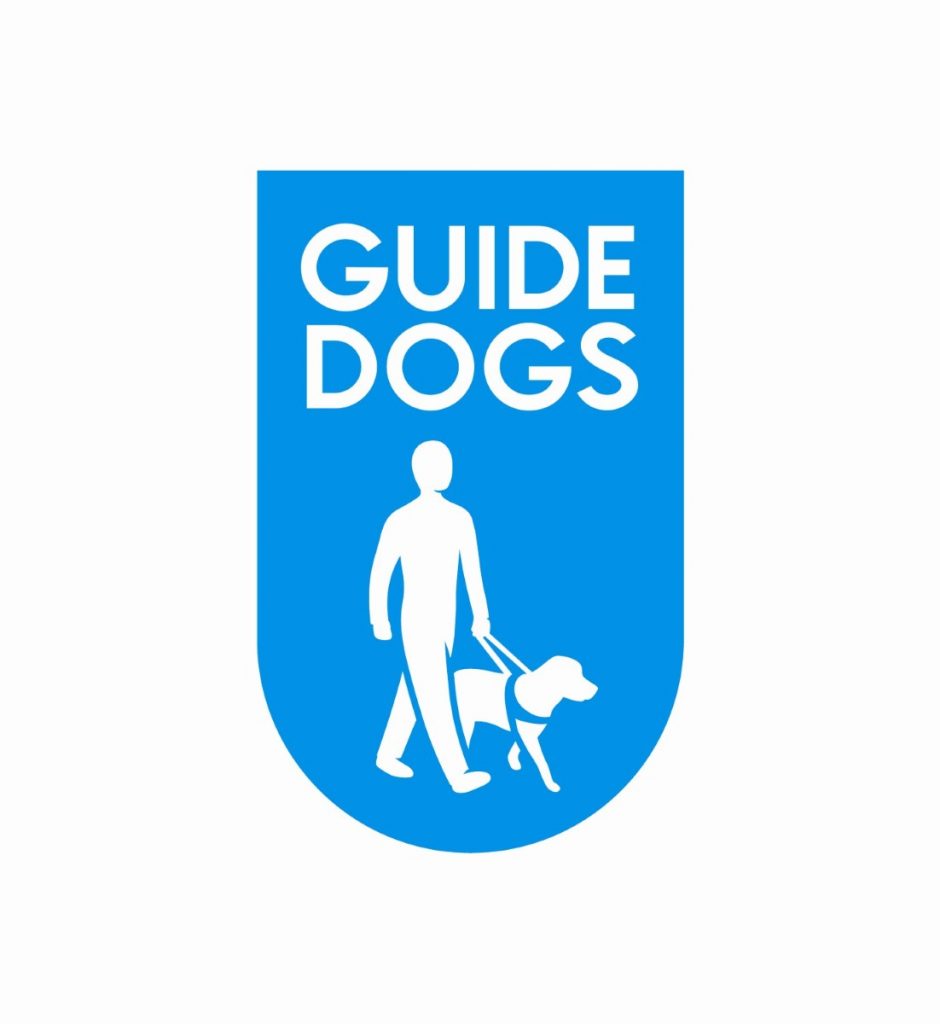Guide Dogs for the Blind: Silent But Deadly, electric and hybrid vehicles
Guide Dogs calls for urgent action to prevent road accidents
Guide Dogs is calling for the introduction of an international standard for electric and hybrid vehicles to prevent a rise in road traffic accidents.
Guide Dogs believes that quiet electric and hybrid vehicles pose a significant danger to blind and partially sighted people and other vulnerable people. Pedestrians find it hard to hear the vehicles, making it more difficult for them to judge when it’s safe to cross the road. According to Guide Dogs, the risks will only increase as more quiet vehicles are sold.
The warning comes as Guide Dogs launches its Silent But Deadly report into quiet vehicles. David Cowdrey, Guide Dogs' Campaigns Manager, said: "We believe that quiet vehicles are a real danger to all pedestrians, but especially to those with sight loss. If you can't hear a car and you can’t see a car, how can you safely cross a road? We don't want quiet vehicles to become the silent killer of the future and the Government must act to get a safe audible limit for these vehicles."
According to the report, it’s not just pedestrians with sight loss who are put in danger by quiet vehicles. Children, who are taught to stop, look and listen for vehicles, and older people who are less able to get out of harm's way, are also particularly vulnerable. Cyclists, horse riders and road maintenance crews are also among those who are at an increased risk from quiet vehicles.
In some cases, according to research cited in the report, pedestrians can only hear a quiet vehicle less than a second before impact2.
Guide Dogs is calling on the Government to introduce artificial engine noises for quiet vehicles and recommends that any international standard agreed should stipulate that:
· People must be able to hear any quiet electric or hybrid vehicle approaching them, particularly at speeds below 20MPH and at a safe distance.
· The sound levels must change depending on where the vehicle is, in a quiet village lane or a built-up city.
· Any noise-generating system indicates to drivers and pedestrians what the vehicle is doing, whether it is idle, reversing or travelling in a specific direction.
· The sounds match those made by any similar vehicle with an internal combustion engine.
· · Drivers must not be able to switch any noise system off.
For more information, a copy of the report's executive summary, the report itself or an interview, please contact Annabel Williams at Guide Dogs' press office on 0118 983 0183 or annabel.williams@guidedogs.org.uk.
Notes for editors:
1. 1. About The Guide Dogs for the Blind Association: The Guide Dogs for the Blind Association is a British charitable organisation founded in 1934. Guide Dogs provides independence and freedom to thousands of blind and partially sighted people across the UK through the provision of guide dogs, mobility and other rehabilitation services. It also campaigns passionately for the rights of those with visual impairments. Guide Dogs is working towards a society in which blind and partially sighted people enjoy the same freedom of movement as everyone else.
2. 2. Guide Dogs' report cites research which involved people listening to a petrol car and an electric car both travelling at 5 MPH. The participants were able to hear the petrol car from 28 feet away, and the electric car from seven feet away, meaning the electric car was only one second away from hitting them when they heard it.
Celebrating 80 years of extraordinary partnerships
The Guide Dogs for the Blind Association
Registered Office: Hillfields, Burghfield Common, Reading, Berkshire, RG7 3YG. A company limited by
guarantee registered in England and Wales (291646) and a charity registered in England and Wales
(209617) and Scotland (SC038979).
Tel: 0118 9835555
Website: www.guidedogs.org.uk
Email: guidedogs@guidedogs.org.uk





-01.png)